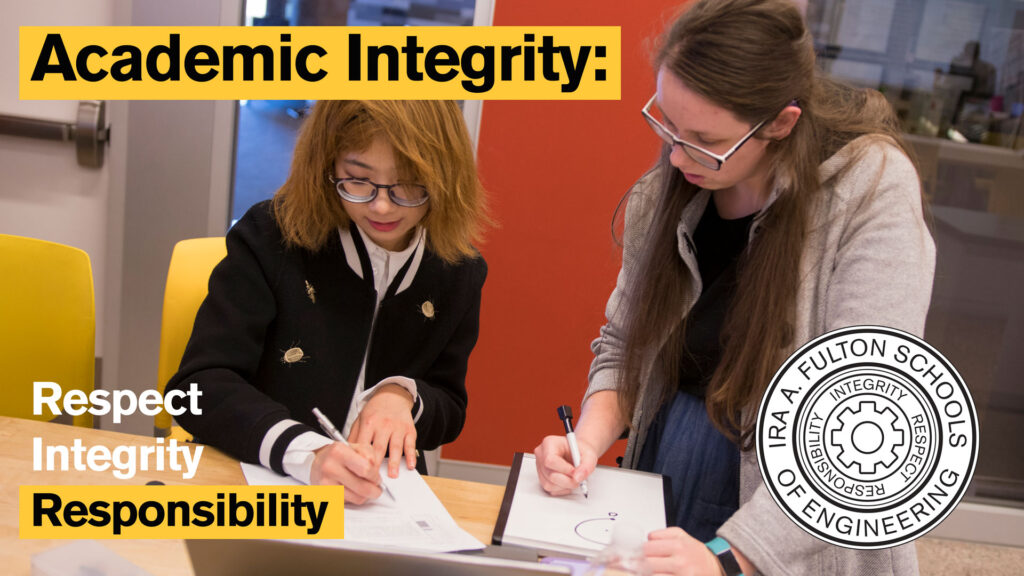Academic Integrity Office Tips for Students: Cheating Hurts Everyone

“I don’t cheat so it doesn’t impact me.” Cheating in university classes actually hurts everyone. Cheating makes grading in the classroom unfair to other students. It holds the potential to diminish the reputation of your degree within your professional community. It erodes the trust that your communities give to higher education institutions. As a university student, it’s very important to consider the many negative impacts that cheating has on your education.
These are not always easy situations to deal with, but here are a few tips to consider:
- When/if you hear other students talking about cheating on an assignment, try to provide them other alternatives, like sharing helpful resources, encouraging them to attend instructor office hours, or even just letting them know it’s OK to get one bad grade and do better the next time.
- If you see academically dishonest behavior occurring, notify your instructor so they can look into the matter and take appropriate steps.
- If another student asks you to share their work with them, say something like, “No, I can’t do that, sharing my work could get us both into academic integrity trouble. Have you tried using the Fulton Schools Tutoring Center?”
- The world needs leaders of high character and strong integrity; make it your personal commitment to model these behaviors both in the classroom and in interactions with your classmates.
Please visit the Academic Integrity Office website and the Fulton Schools Resources page for links to the Fulton Schools Tutoring Center and numerous other student resources.
